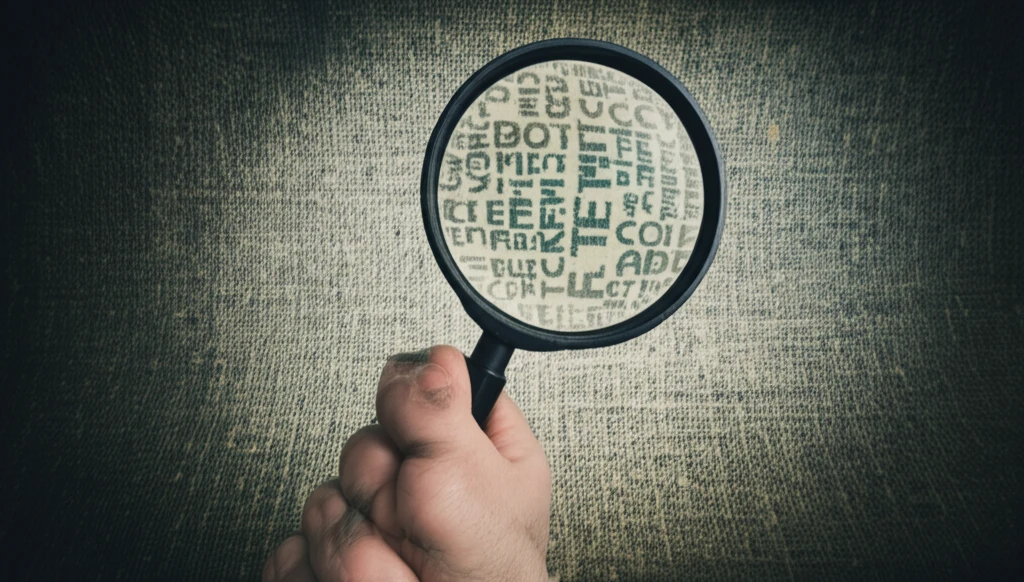
Decoding Culture: How Discourse Analysis Shapes Our Understanding
"Explore the power of discourse analysis in revealing hidden cultural meanings and societal structures."
In today's interconnected world, culture shapes every aspect of our lives. From the media we consume to the social interactions we engage in, culture influences our beliefs, values, and behaviors. Understanding how culture operates is crucial for navigating this complex landscape, and discourse analysis provides a powerful tool for doing so.
Discourse analysis examines how language is used in various social contexts. It goes beyond the surface level of words to uncover the underlying meanings, assumptions, and power dynamics embedded within communication. By analyzing texts, conversations, and other forms of discourse, we can gain insights into how culture is constructed, maintained, and transformed.
This article explores the fascinating field of discourse analysis and its application to cultural studies. We'll delve into key concepts, explore different approaches, and discover how this method can unlock a deeper understanding of the world around us.
What is Discourse Analysis? Unveiling the Layers of Meaning

At its core, discourse analysis examines language in its social context. It's not just about grammar or vocabulary; it's about how language is used to create meaning, construct identities, and exert power. Think of culture as a vast web of interconnected ideas and practices. Discourse analysis helps us trace the threads of that web, revealing how different elements are linked together.
- Identifying ideologies: Exposing the underlying belief systems that shape our perceptions.
- Analyzing power dynamics: Revealing how language is used to maintain or challenge social hierarchies.
- Understanding social change: Tracking how shifts in language reflect broader cultural transformations.
The Power of Discourse: Changing How We See the World
Discourse analysis isn't just an academic exercise; it's a tool for social change. By understanding how language shapes our perceptions, we can challenge dominant narratives, promote critical thinking, and work towards a more just and equitable society. So, the next time you encounter a news article, a political speech, or even a casual conversation, take a moment to consider the underlying messages. What assumptions are being made? Whose voices are being heard, and whose are being silenced? By asking these questions, you can begin to unlock the power of discourse analysis and see the world in a whole new light.
